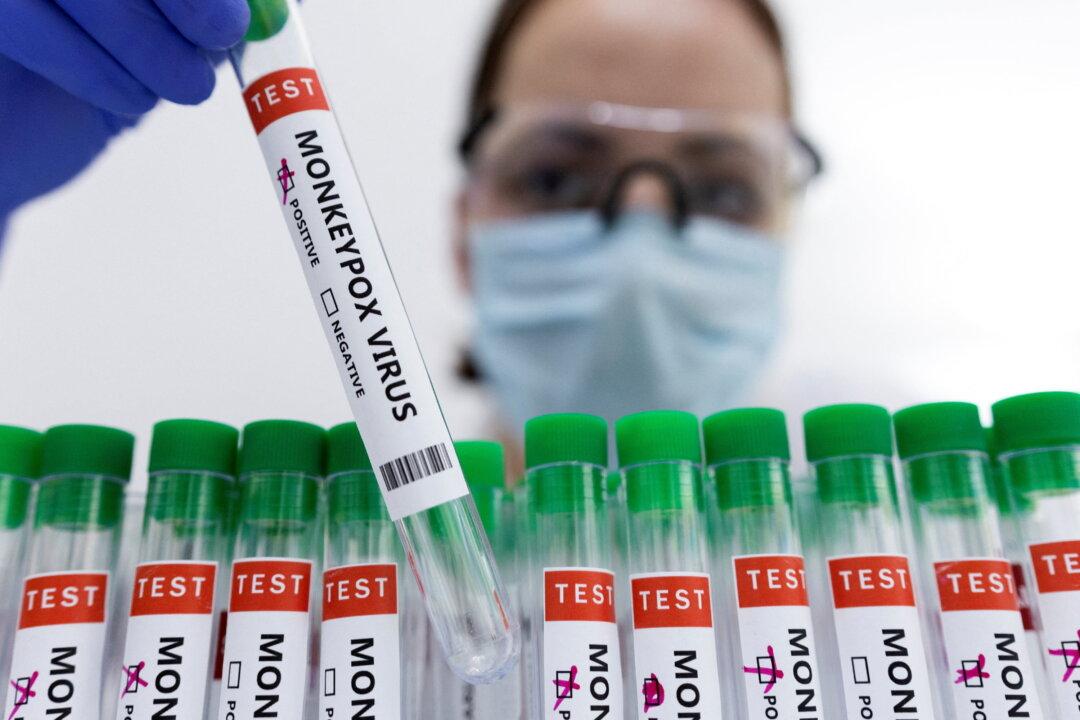The Centers for Disease Control and Prevention announced that it will be initiating an emergency response to monitor and investigate monkeypox after recent cases suggest that the disease may be spreading through person-to-person community transmission.
“Identification of monkeypox clusters in several countries that do not have endemic disease and involving patients with no direct travel history to an area with endemic monkeypox suggests person-to-person community spread,” wrote the authors of the CDC report.





